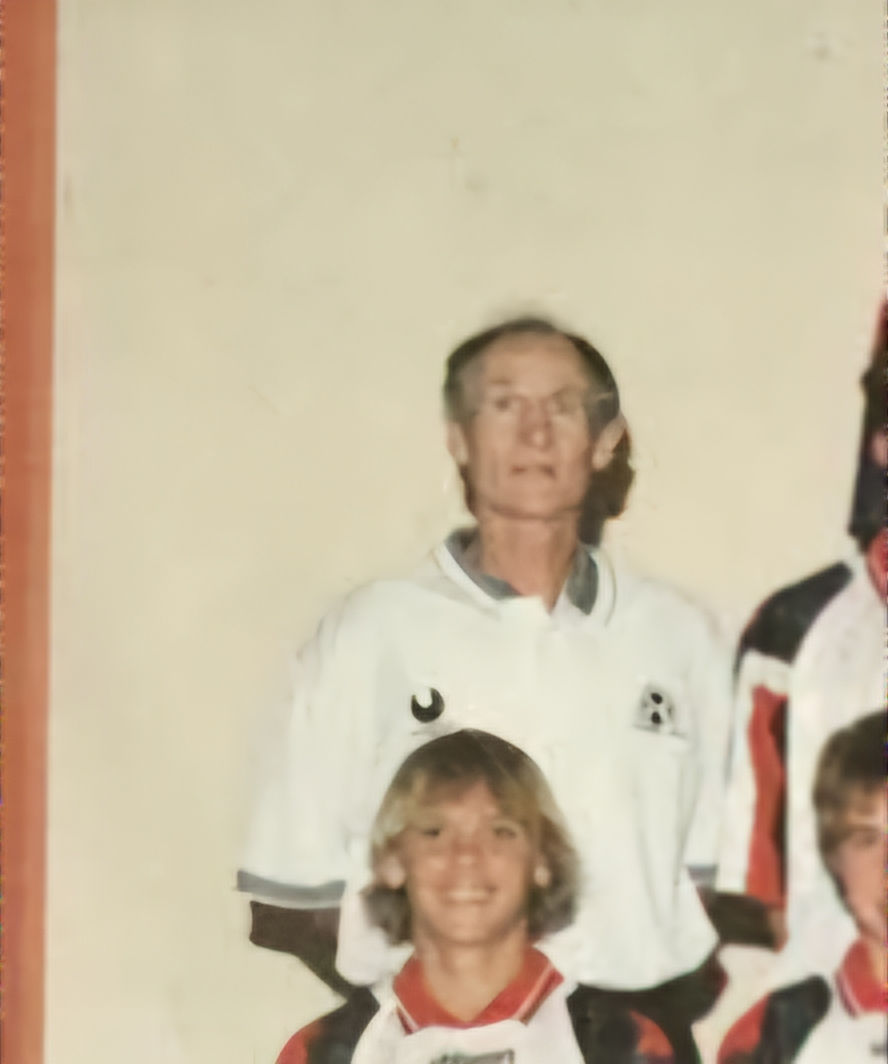Football Development is Like Learning Language and Linguistics (And I'm not even joking):
- Tom Kenny
- Mar 25, 2025
- 3 min read
Art: the expression or application of human creative skill and imagination.
Think back to your first day of grade 1. Feather and ink, chalkboard, whiteboard, or interactive "whiteboard"—no matter what generation you hail from, what language you speak, or what country you are from, as human beings, in our educational upbringing, we share something in common...
All of us have held a pencil.
"But what does that have to do with developing footballers?" you may be thinking...
Well... it's simple. The whole point of holding a pencil is to write. Writing is to establish language as a form of communication. Within language is linguistics. Linguistics examines the function, structure, and evolution of language. In detail, linguistics is phonetics (sounds), morphology (word structure), syntax (sentence structure), semantics (meaning), and pragmatics (context). In greater detail, linguistics explores how languages change over time, how children learn language, and how language relates to culture and society.
For context, I understand that the concept of language is introduced from birth, but I feel as though to educate the relationship between language development, linguistics, and football, the appropriate setting is the start of "formal schooling." For me, it was grade 1, but this current generation would know it as "Prep."
Now, again, reimagine the beginning of your schooling. Circa the year 2000 at a state school in the suburbs of North Brisbane is where and when I first learned how to hold a pencil. Now, I'm not sure about you, but on my first day of grade 1, after the parents dispersed, the tears dried up, and we got to work, I can't ever recall my teacher saying to me.
"Here's a pencil, write me a story." ... Straight off the bat.
You see, this is how most coaches develop footballers. For some reason, we are obsessed with the notion of "letting the game be the teacher." Exploration is fantastic, and I love it! But children need guidance.
How we develop young footballers should be in the same way that we develop young writers, or quite simply, young human beings learning the art of language. To write a story, it's easy to have ideas—that's the beauty of imagination. But to be able to transform these narratives and ideologies into the form of literature, language and linguistics must be broken down and taught in great detail. At the core, language, linguistics, and football are the same. They all require a high level of technical detail.
Language is the game. Linguistics is technique.
When it comes to writing, it is the linguistics of effective, captivating, and engaging language that draws readers in. That is what a great writer has.
The same should be with football development.
In grade 1, I learned how to hold a pencil (motor skills/muscle memory). I learned to "sound it out" (phonetics). I learned how to spell (morphology). And as I progressed through my schooling, I learned how to structure sentences (syntax), and I learned to understand the meaning and context of language and how it relates to linguistics (semantics and pragmatics). Each year I grew, further detail was added, and the more complex it all became. I imagine that you would have had the same experience.
Football is art. It's expressive. It's personal. It's personality. But before we explore our footballing ideologies through gameplay—just like before writing a story—we must be taught how to correctly hold a pencil. We must have the foundation and "tools" to be able to write these ideologies, mesh them together, and create incredible literature that we appreciate as art.
Great writers master the art of language and linguistics. Their handwriting is legible and attractive, their language is unique and detailed. Everything is detailed. Everything is mastered.
Developing footballers is the same. Players need to be taught technique. Technique needs to be broken down and demonstrated. Players need to be thrown into environments of gameplay and exploration, but with technique that is detailed and effective, engaging decision-making and thought processes—so players are performing good technical actions with repetition. If players are thrown into game situations with poor technique, these thought processes and decisions are made more difficult. As players progress through their career, it is those with a detailed football education that values technique in their early development that will ultimately have a smoother transition to senior football.
Just as it is at the very least the job of a grade 1 teacher to teach a child how to hold a pencil and write the alphabet, it is our duty as football coaches to ensure that our players have the technique to develop...
And to develop for life.





Comments